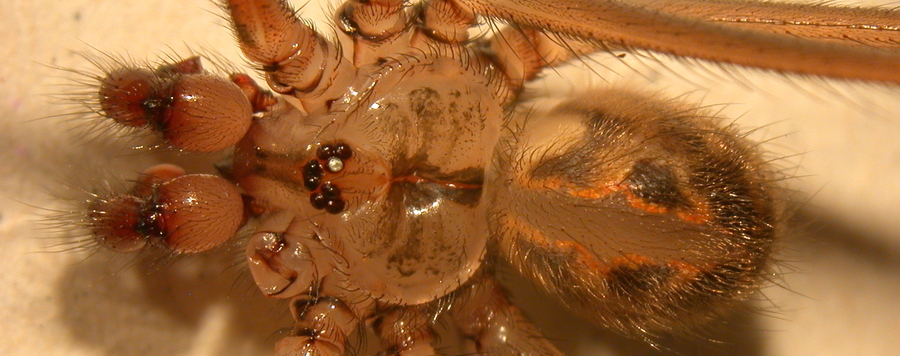
Pholcid phylogeny 2013
We analysed seven genetic markers sampled from 165 pholcids and 34 outgroups in order to test and improve the recently revised classification of the family. Our results are based on the largest and most comprehensive set of molecular data so far to study pholcid relationships. The data were analysed using parsimony, maximum-likelihood and Bayesian methods for phylogenetic reconstruction. We show that in several previously problematic cases molecular and morphological data are converging towards a single hypothesis. This is also the first study that explicitly addresses the age of pholcid diversification and intends to shed light on the factors that have shaped species diversity and distributions. Results from relaxed uncorrelated lognormal clock analyses suggest that the family is much older than revealed by the fossil record alone. The first pholcids appeared and diversified in the early Mesozoic about 207 Ma ago (185–228 Ma) before the breakup of the supercontinent Pangea. Vicariance events coupled with niche conservatism seem to have played an important role in setting distributional patterns of pholcids. Finally, our data provide further support for multiple convergent shifts in microhabitat preferences in several pholcid lineages. Our findings suggest that both adaptive and non-adaptive speciation may have played an important role in the diversification of pholcid lineages.






